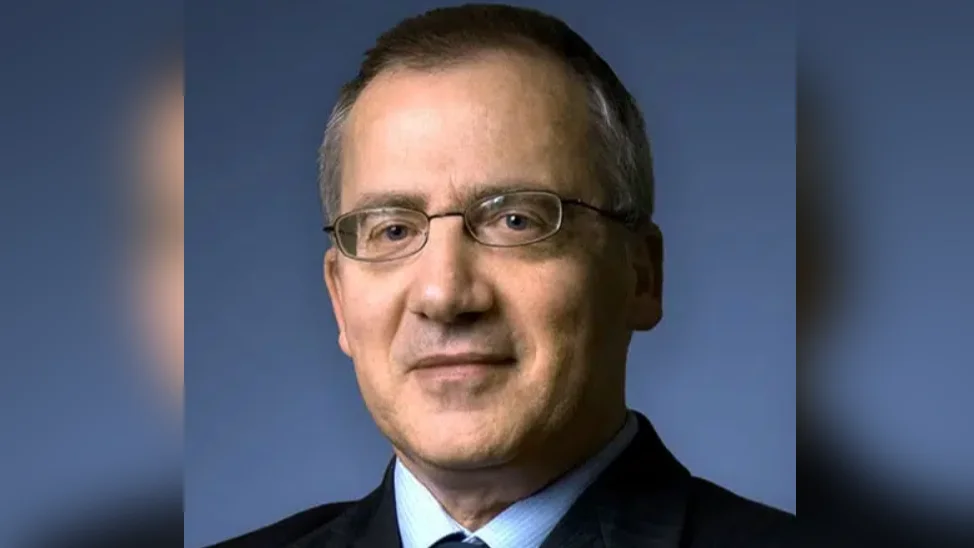
Scientists at UTHealth Houston are exploring how the human body adapts to hypoxia to inform potential treatments for heart and lung conditions. Funded by a seven-year, $6.58 million grant from the National Heart, Lung, and Blood Institute (R35HL177402), this research focuses on hypoxia-inducible factors (HIFs). These proteins are critical for cellular survival under low oxygen conditions and inflammation regulation.
The research is spearheaded by Dr. Holger K. Eltzschig, chair and professor in the Department of Anesthesiology, Critical Care, and Pain Medicine at McGovern Medical School at UTHealth Houston. Dr. Eltzschig describes the project as "a bold and extensive initiative aimed at generating groundbreaking discoveries" in the field of hypoxia response. Alongside his roles at UTHealth Houston, he serves as the John P. and Kathrine G. McGovern Distinguished University Chair and associate vice president for Translational Research and Perioperative Programs at the institution.
The Hypoxia-Inflammation Program aims to deepen the understanding of inflammation reduction and tissue protection through HIF studies. It will examine HIFs in relation to acute respiratory syndrome, interactions with circadian rhythms, and their effects during heart attacks.
Dr. Eltzschig emphasizes that “HIFs play a critical role in how cells adapt to low oxygen levels,” and the research could yield "better and more innovative therapies" for related illnesses. The initiative builds on prior National Institutes of Health funded research and will also support laboratory work, clinical studies, and training for emerging researchers.
In line with this goal, Dr. Eltzschig states, "A key part of the Hypoxia-Inflammation Program is our commitment to training the next generation of researchers."
The research team at UTHealth Houston includes Dr. Xiaoyi Yuan, Dr. Kuang-Lei Tsai, Dr. Marie-Françoise Doursout, Dr. Matthew DeBerge, Dr. Harry Karmouty-Quintana, and Dr. Thu Tien Tran, among others. Collaborators from other institutions include Dr. Danny Muehlschlegel of Johns Hopkins University, Dr. Peter Carmeliet of Katholieke Universiteit Leuven, Dr. Sean Colgan of the University of Colorado School of Medicine, and Dr. Scott Evans of The University of Texas MD Anderson Cancer Center.
The project receives additional support from Dr. Jagat Narula, Dr. Dianna Milewicz, Dr. Cynthia Ju, Dr. David A. Schwartz, and Dr. Simon Robson.
"###